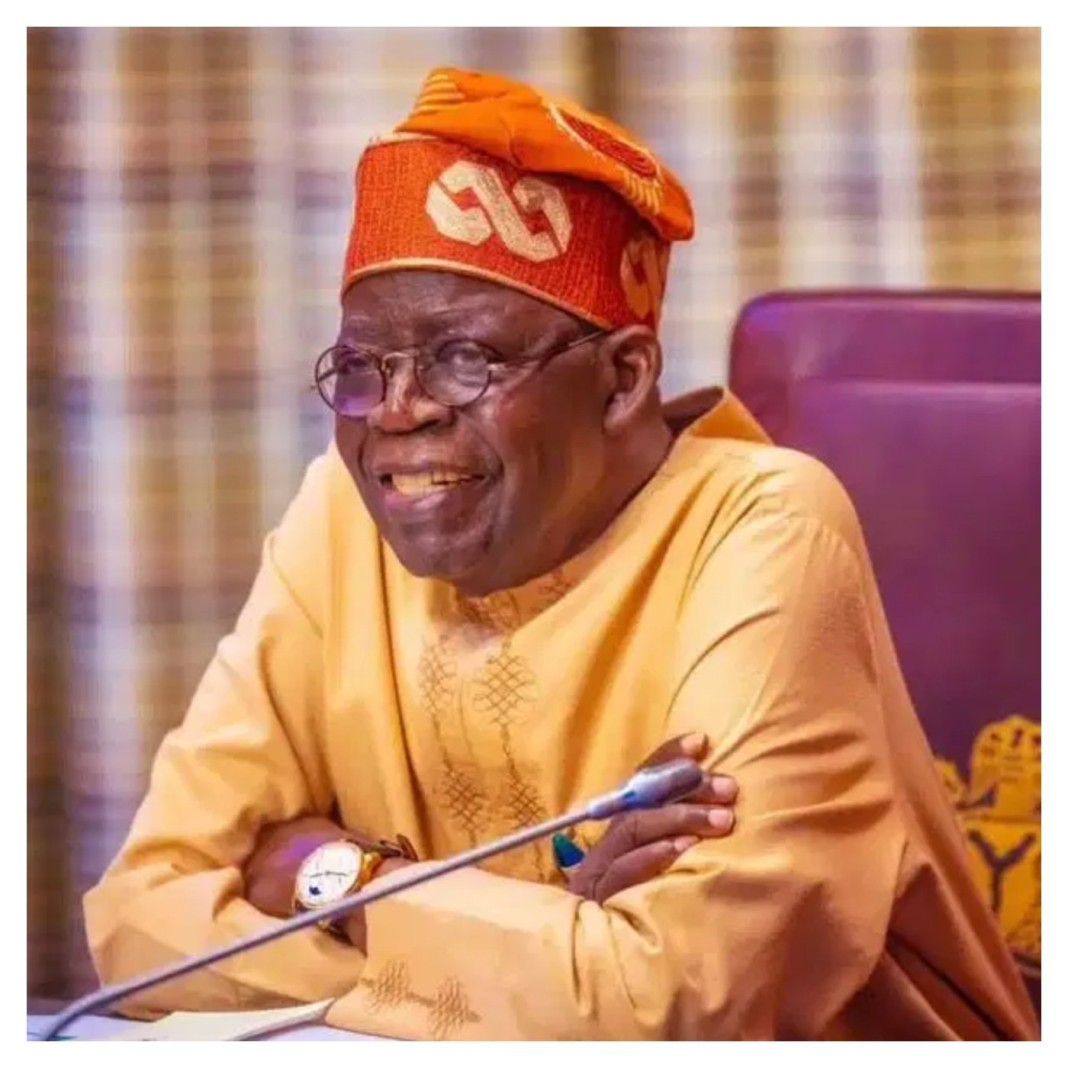The tension in Nigerian politics is evident with the recent backlash against Abdullahi Ganduje’s call for the North to wait until 2031 to contest the presidency. The rejection from prominent northern figures, such as the Arewa Consultative Forum (ACF) and political leaders like Nasir El-Rufai, highlights the growing discontent within the region. Ganduje’s stance, rooted in the idea that fairness requires Tinubu to serve two terms after a northern president (Muhammadu Buhari) did, has sparked opposition.
Prof. Tukur Muhammad-Baba, the ACF’s National Publicity Secretary, made it clear that voters should not be coerced into decisions. His comment about the “cult-like” nature of the presidency reflects a belief that political loyalty cannot be forced on the electorate. This rhetoric also resonates with the general dissatisfaction with the promises made during the 2015 and 2023 elections, particularly around anti-corruption and the so-called “Renewed Hope,” which he claims has turned into a nightmare for some Nigerians.
El-Rufai’s comments further add to the debate, warning that Tinubu’s relationship with the North could deteriorate, which could be disastrous for his re-election prospects in 2027. This echoes the fate of former President Goodluck Jonathan, who faced a similar political crisis in 2015.
The central issue remains how northern political dynamics will shape the 2027 elections, especially when prominent figures like the ACF and El-Rufai show signs of backing away from Tinubu.

